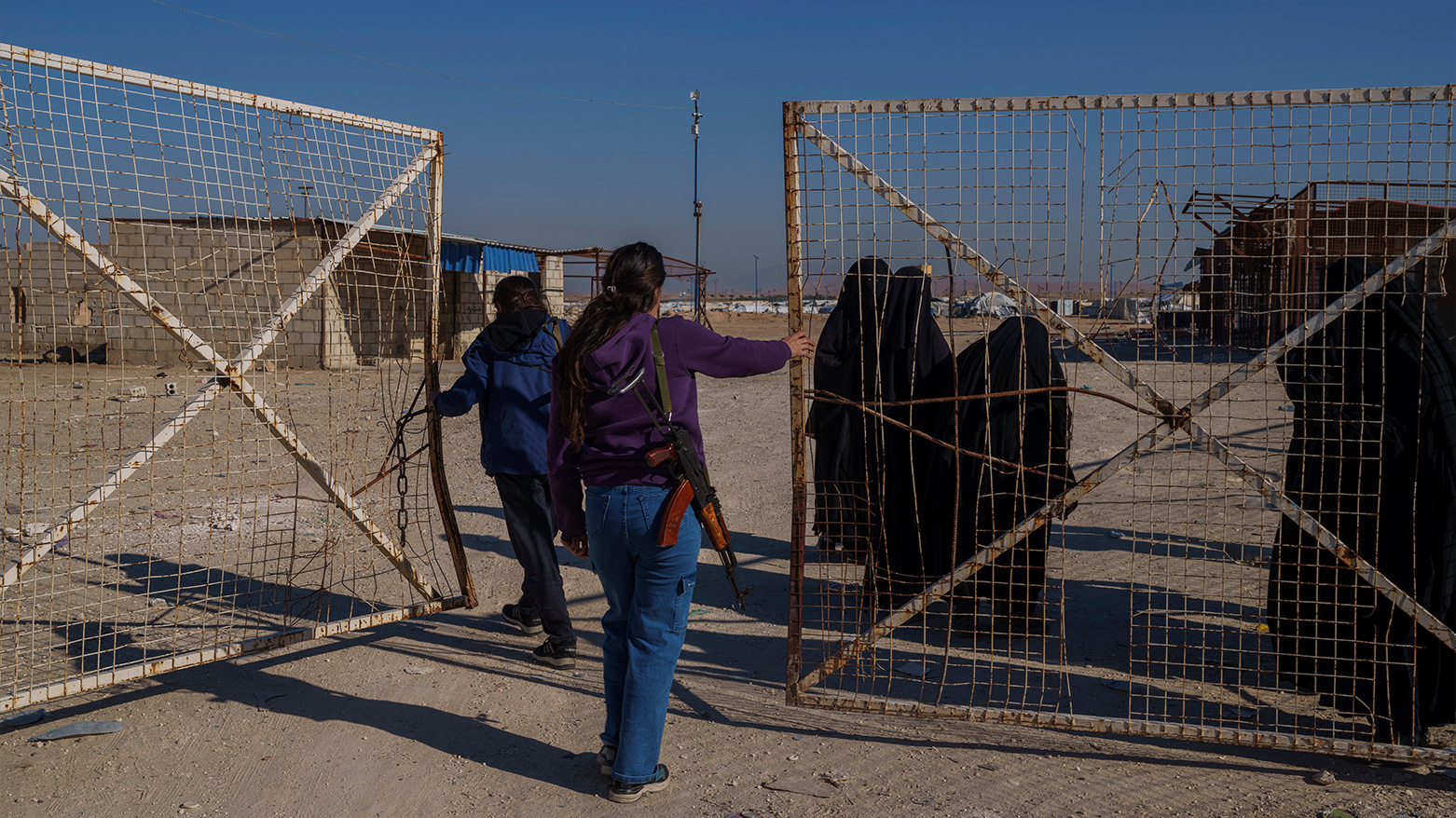Concerns Rise as Iraq Prepares to Repatriate 569 Individuals from al-Hol Camp
Iraq’s Ministry of Migration and Displaced has confirmed that approximately 20,000 Iraqis remain in al-Hol, with plans to repatriate all of them by 2027.

Feb. 9, 2025
ERBIL (Kurdistan24) – In coordination between the Iraqi government and the Autonomous Administration of North and East Syria (AANES), preparations are underway to transfer 155 families of ISIS members—totaling 569 individuals—from Syria’s al-Hol camp back to Iraq.
These individuals will be relocated to the Jadaa camp in Mosul, according to the Syrian Observatory for Human Rights.
Iraq’s Ministry of Migration and Displaced has confirmed that approximately 20,000 Iraqis remain in al-Hol, with plans to repatriate all of them by 2027.
However, the move has sparked significant debate among Iraqi lawmakers and security experts, with many voicing concerns over potential security risks associated with reintegrating these families into society.
Debate Over Security Risks
While the Iraqi government insists that these individuals will remain under strict state supervision, some lawmakers and analysts remain apprehensive about their return.
Mahdi Taqi Amirli, a member of the Security and Defense Committee, emphasized the importance of maintaining oversight, telling Kurdistan24, "We don’t want these families to be neglected. We know ISIS members and will not compromise with them. I support the government’s measures to keep these families under state supervision. These families have lived under the shadow of terrorism and fear it. I believe this issue can be managed effectively."
Security expert Atheer al-Sharaa expressed a more cautious perspective, arguing that the return of these families could create conditions for an ISIS resurgence.
"The international community and other nations have different perspectives on the return of ISIS fighters’ families, but Iraq must prioritize its national security. ISIS cells remain active within the Jadaa camp, making their return a dangerous gamble," he warned.
Long-Term Implications
The return of ISIS-linked families remains one of Iraq’s most complex post-conflict challenges. While humanitarian organizations stress the need for rehabilitation and reintegration, concerns persist about potential radicalization within repatriation camps.
Iraq’s strategy in handling these returns will be critical to preventing further instability.
The government is expected to implement strict monitoring mechanisms, yet questions remain over the capacity of Iraq’s security and intelligence agencies to effectively manage the reintegration process.
United Nations data indicates that al-Hol camp is home to around 54,000 people, including close to 20,000 Iraqis, predominantly women and children. Many residents are either relatives of ISIS fighters or individuals displaced by ongoing conflicts in Syria and the battle against ISIS. The camp also shelters numerous foreign families suspected of having ties to ISIS.